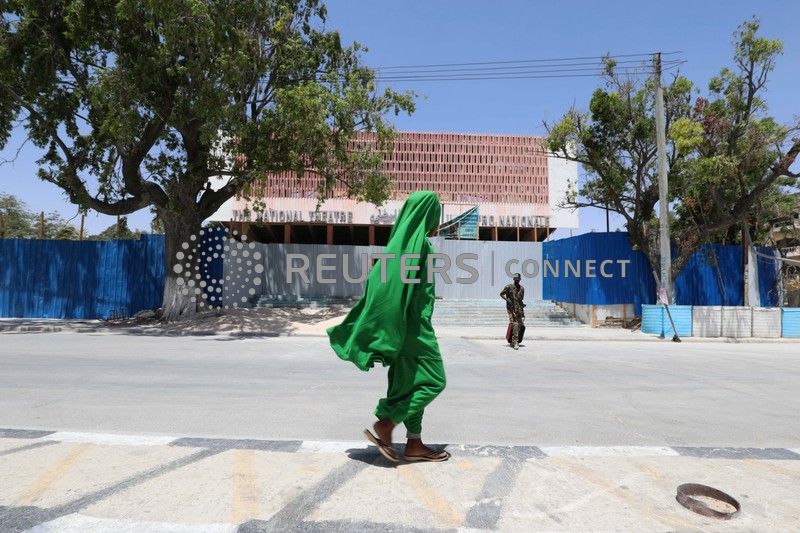GAROWE, Somalia (Thomson Reuters Foundation) – The release of a Somali man on death row for the rape and murder of a 12-year-old girl after he paid 75 camels undermines a landmark law to curb gender violence and promotes a culture of impunity in the east African nation, women’s rights groups said.
Aisha Ilyes Aden was abducted from a market in northern Puntland’s Galkayo town in February last year. She had been gang-raped and strangled to death and her genitals mutilated.
Three men were sentenced to death in May under a 2016 sexual offences law in the semi-autonomous Puntland region, the first in Somalia to criminalise offences such as sexual harassment and rape.
Two of the three men were executed by firing squad earlier this month. The execution of the third man, named as Abdisalan Abdirahman, was delayed at the time without any official explanation.
A relative of the victim confirmed that Abdirahman had been released on Feb. 20 after an agreement to pay the family 75 camels as compensation for the girl’s rape and murder.
“I am upset at how the third man was left out. In Puntland, and in Somalia in general, rape victims don’t get justice due to the involvement of traditional leaders,” said Ubah Mohamed from the Somalia Gender Hub, a women’s rights advocacy group.
“I am against such matters being handled through customary laws and traditions. This is a major problem in our judicial system and it undermines the rights of women and girls.”
Officials from the ministry of justice declined to comment.
Rape is pervasive and often goes unpunished in much of Somalia, where decades of conflict have fueled a culture of violence and weakened institutions meant to uphold the law.
Victims have traditionally been forced to accept compensation – often in the form of camels or livestock – and marry their assailants, a centuries-old practice designed to end war between rival clans.
The brutal nature of Aden’s killing sparked outrage and triggered public demonstrations calling on authorities to enforce the sexual offences act and secure justice. The conviction of the three men was hailed as a first for Puntland.
Women’s rights campaigners said violence against women would never end as long as customary laws allowed for agreements to resolve such crimes.
Instead of enforcing the law, authorities had “allowed for rape cases to continue being reviewed under (the) traditional mechanism”, tweeted @SagalAbas, an activist with the British charity Oxfam, using the hashtag #justice4Aisha.


